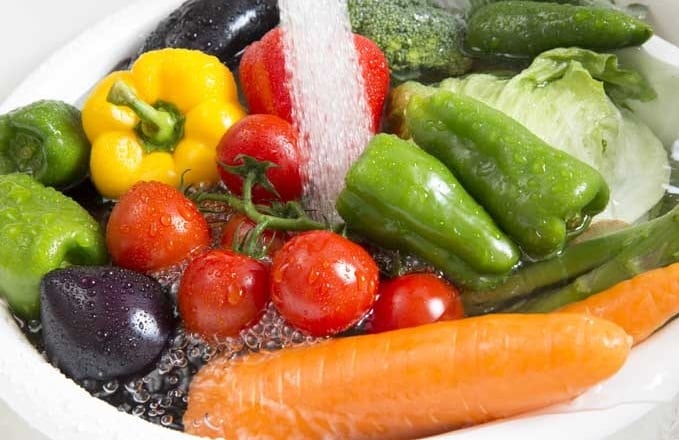Pesticides on produce have been shown to have negative impacts on health, and are often carcinogens that are associated with learning delays. After farm workers, young children are at greatest risk of being harmed as their metabolism is different and the pesticides will stay in their bodies longer.
The study called the worst foods the dirty dozen and the best the clean fifteen, and they are listed in order from highest amount of pesticide residue. Top 6 were found to have residue 98% of the time. One sampling of strawberries contained 20 different pesticides. Spinach had the most residue by weight. Hot pepper were noted not to make the list but were found to contain insecticides which are toxic for the nervous system, and green beans are also high risk.
The Dirty Dozen:
- Strawberries
- Spinach
- Nectarines
- Apples
- Grapes
- Peaches
- Cherries
- Pears
- Tomatoes
- Celery
- Potatoes
- Sweet Bell Peppers
The Clean Fifteen:
- Avocados
- Sweet Corn
- Pineapple
- Cabbage
- Onions
- Frozen Sweet Peas
- Papayas
- Asparagus
- Mangoes
- Eggplant
- Honeydew Melons
- Kiwis
- Cantaloupes
- Cauliflower
- Broccoli
Avocados and sweet corn were found to both have less than 1% likelihood and the others had at maximum 1 in 5 chances of having pesticide residue.
Organic foods are the best choice, but they can be costly and inconvenient to purchase. It would be nice if everyone had the space and green thumb to grown their own, but that’s not always the case. Cooking food significantly diminishes pesticide levels. Cold water rinse and scrub can remove about 75% of residues, with the remainder tending to be on the inside of the produce. Soaking produce in vinegar or salt water for 20 minutes followed by a cold rinse is just as effective as a scrub wash. You can purchase or make anti-pesticide spray using lemon juice, vinegar, and water mixed in a spray bottle, be sure to rinse before eating.
Fatty meat has also been found to contain some pesticides with pork fat and beef fat being the worst. Some meats can contain more pesticides than plant foods, as animals consume crop pesticides in their own foods, combined with some hormone disruptors and developmental toxins, which makes it worthy of going organic with meats as well.




